Keywords: Racial Discrimination
-
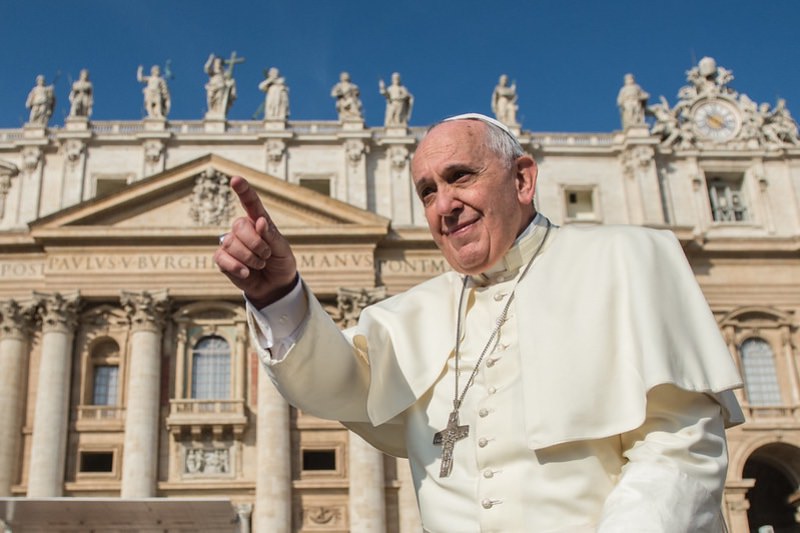
RELIGION
- Andrew Hamilton
- 07 October 2020
47 Comments
Pope Francis’ latest encyclical letter Fratelli Tutti is, as we might have anticipated, a reflection on our times. The burden of the encyclical is to commend fraternity and social friendship and deplore selfishness and hostility in the response to the crisis.
READ MORE 
-
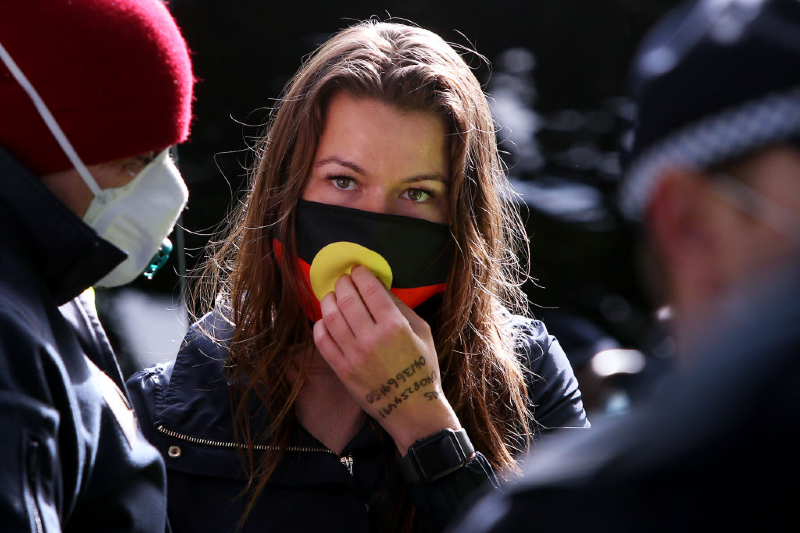
AUSTRALIA
- Cristy Clark
- 30 July 2020
9 Comments
The need to contain the spread of COVID-19 has led to a raft of emergency laws that have challenged us to deeply consider the appropriate balance between community and individual rights.
READ MORE 
-
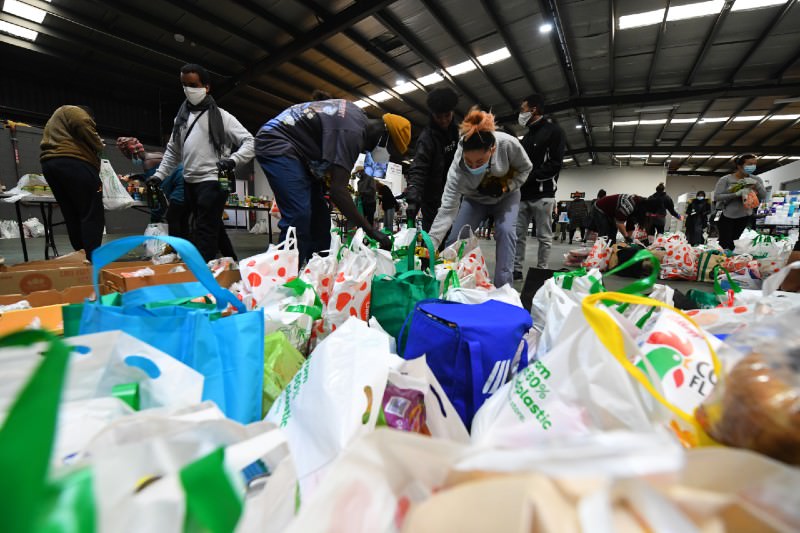
AUSTRALIA
- Najma Sambul
- 09 July 2020
12 Comments
Donations flooded the centre. Volunteers from across Melbourne arrived ready to support any way they could. Key volunteers came from Carlton and surrounding suburbs, mostly young African people were on the frontlines. They had used social media to reach out to friends, relatives and others locked in the housing estates to ask what they needed and then got to work.
READ MORE 
-
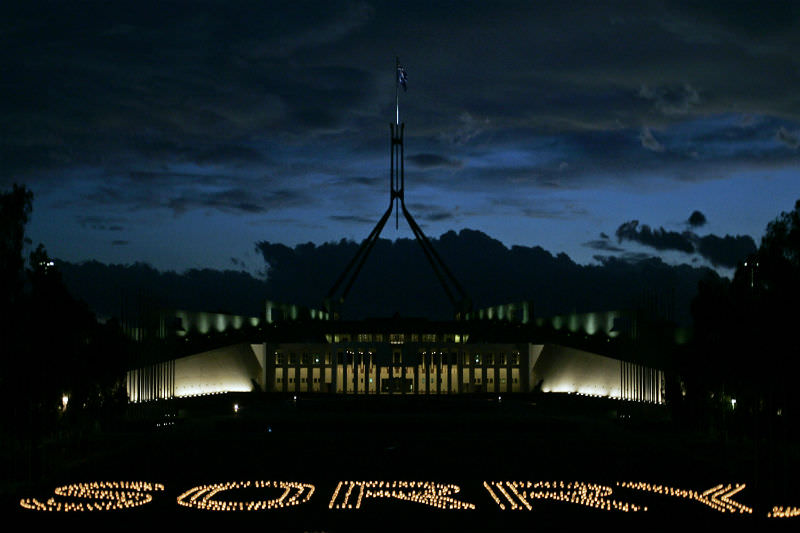
AUSTRALIA
- Andrew Hamilton
- 12 February 2020
5 Comments
In the Apology to the Stolen Generations the Australian Government spoke on behalf of all Australians in recognising that it acted wrongly in removing Indigenous children from their parents. It recognised also that the reason for the removal was the disrespectful claim that its targets were defined, not by their shared humanity, but by their race. This disrespect caused lasting damage to the children and families.
READ MORE 
-

INTERNATIONAL
- Lana Tatour
- 08 February 2019
7 Comments
Any suggestion that Israel is a racist and racial state is often met with outrage and accusations of antisemitism. Yet even supporters of Israel were shocked by the recent legislation of the Nation-State law. The law isn't news, however. Just like the apartheid law in South Africa, it doesn't signify the onset of apartheid; it enshrines it.
READ MORE 
-
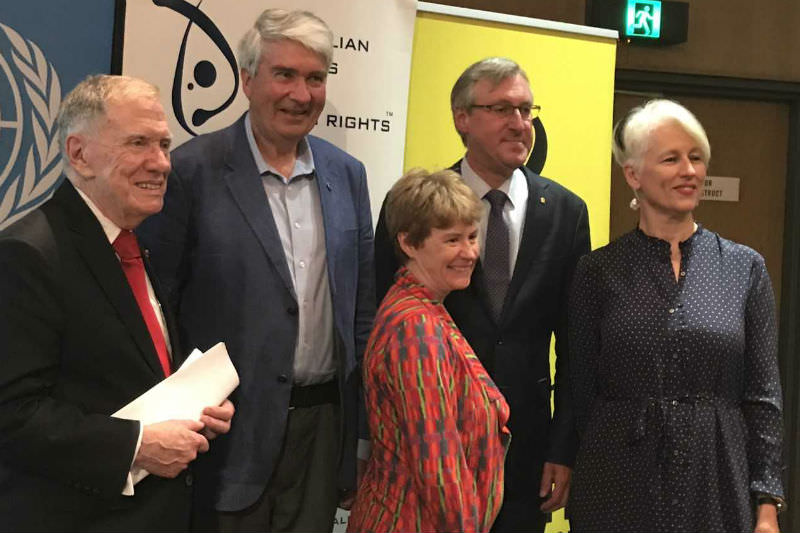
AUSTRALIA
- Frank Brennan
- 17 December 2018
15 Comments
Let's hope all members of parliament can agree to the insertion of such a clause in the legislation providing assurance to religious educators that they can continue to teach their doctrine in good faith while assuring all students and their families that they will not suffer any detriment while sitting at the feet of religious educators.
READ MORE 
-

AUSTRALIA
- Devana Senanayake
- 14 December 2018
8 Comments
David Leyonhjelm recently thanked men from South Asian backgrounds for delivering his pizza, groceries and online purchases; for rolling up their sleeves for jobs others refused. This gesture is seriously problematic. The casual service industry is broken and exploitative and needs to be carefully regulated and constantly audited.
READ MORE 
-
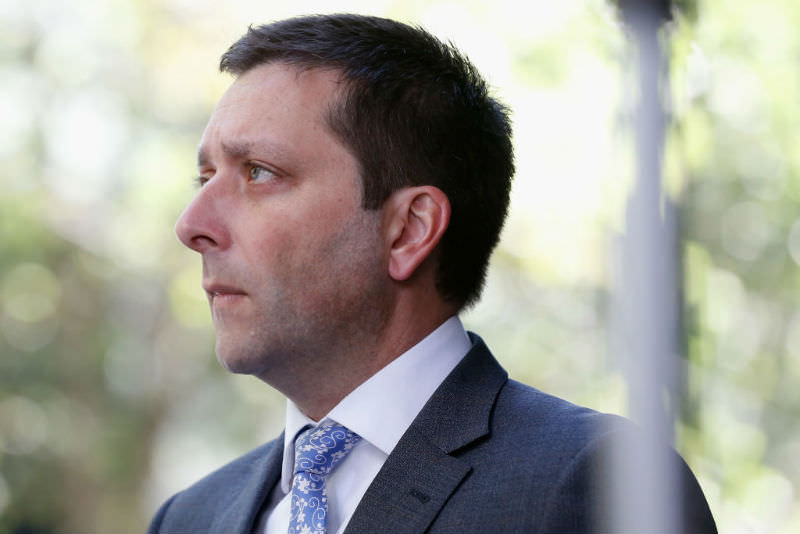
AUSTRALIA
- Neve Mahoney
- 28 November 2018
7 Comments
Witnessing the sense of relief from Australian-African activists at the outcome of the Victorian state election, I was not sure why I had a sense of déjà vu. Then I realised this collective exhale reminded me vividly of the sentiment from the LGBTQ community after the marriage equality survey results were announced.
READ MORE 
-

AUSTRALIA
- Fiona Murphy
- 27 November 2018
6 Comments
Most people don't realise that I am deaf unless I tell them. My deafness is invisible. I don't wear hearing aids and my voice (though distinct enough to prompt people to ask 'where are you from?') isn't a typical deaf voice. Every day I make small calculations, assessing every interaction to determine if I need to reveal that I have a disability.
READ MORE 
-

AUSTRALIA
- Tim Hutton
- 27 November 2018
2 Comments
Movember has a clear goal: stop men dying too young. The foundation aims, in particular, to reduce preventable deaths resulting from prostate cancer, testicular cancer and suicide. While the goal is noble, Movember is also a sad reminder of a truth not universally acknowledged: men are often our own worst enemies.
READ MORE 
-
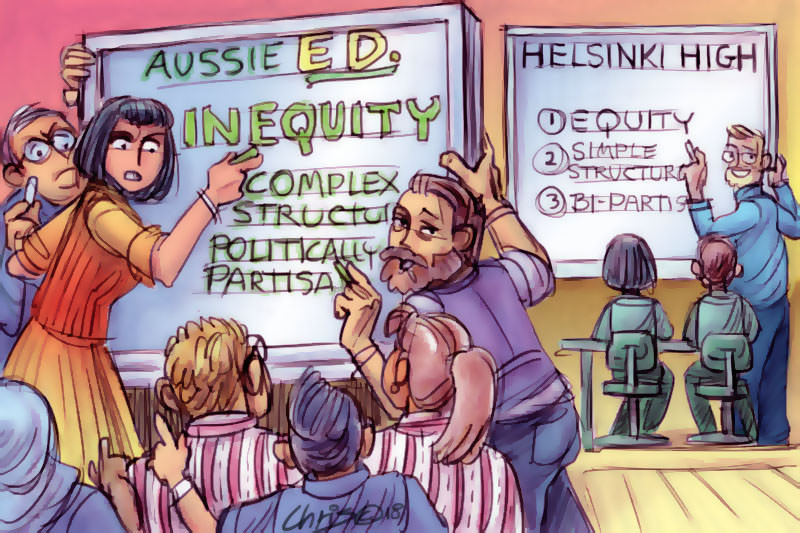
EDUCATION
- Pauline Griffiths
- 26 October 2018
10 Comments
Are we clever enough in Australia to reduce the inequity in our schooling in order to help our moderate voters develop a strong narrative of sensible sharing to shape our future? Or, will the inequities in our schools contribute to ever-deepening divisions?
READ MORE 
-
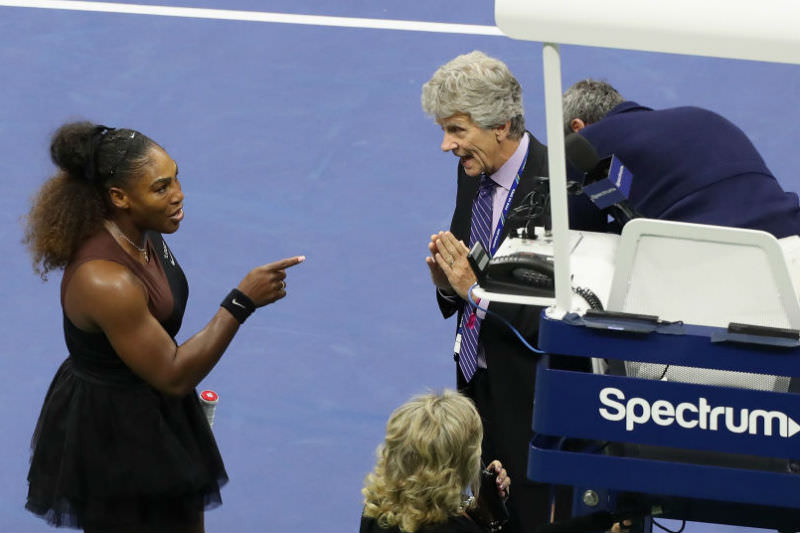
MEDIA
- Andrew Hamilton
- 19 September 2018
14 Comments
The tradition of court jesters licensed to criticise the king exists in many cultures. It is part of a broader tolerance of satire in which the foibles and sins of the great can be safely criticised. The Shakespearian fools are typical in representing the view of the common man as he speaks truth to power. Printed cartoons stand in this tradition.
READ MORE 